Martin Luther (1483 - 1546)
 Allemagne
Allemagne
 Allemagne
Allemagne(1483 - 1546). German composers|. Luther (November 10, 1483 ? February 18, 1546) changed the course of Western civilization by initiating the Protestant Reformation. As a priest and theology professor, he confronted indulgence salesmen with his 95 Theses in 1517. Luther strongly disputed their claim that freedom from God's punishment of sin could be purchased with money. His refusal to retract all of his writings at the demand of Pope Leo X in 1520 and the Holy Roman Emperor Charles V at the Di ... (Read all)
FREE SHEET MUSIC
Active criterias:
| 1 21 ....61 | Next page free-scores › |
| 1 21 ....61 | Next page free-scores › |
Search
























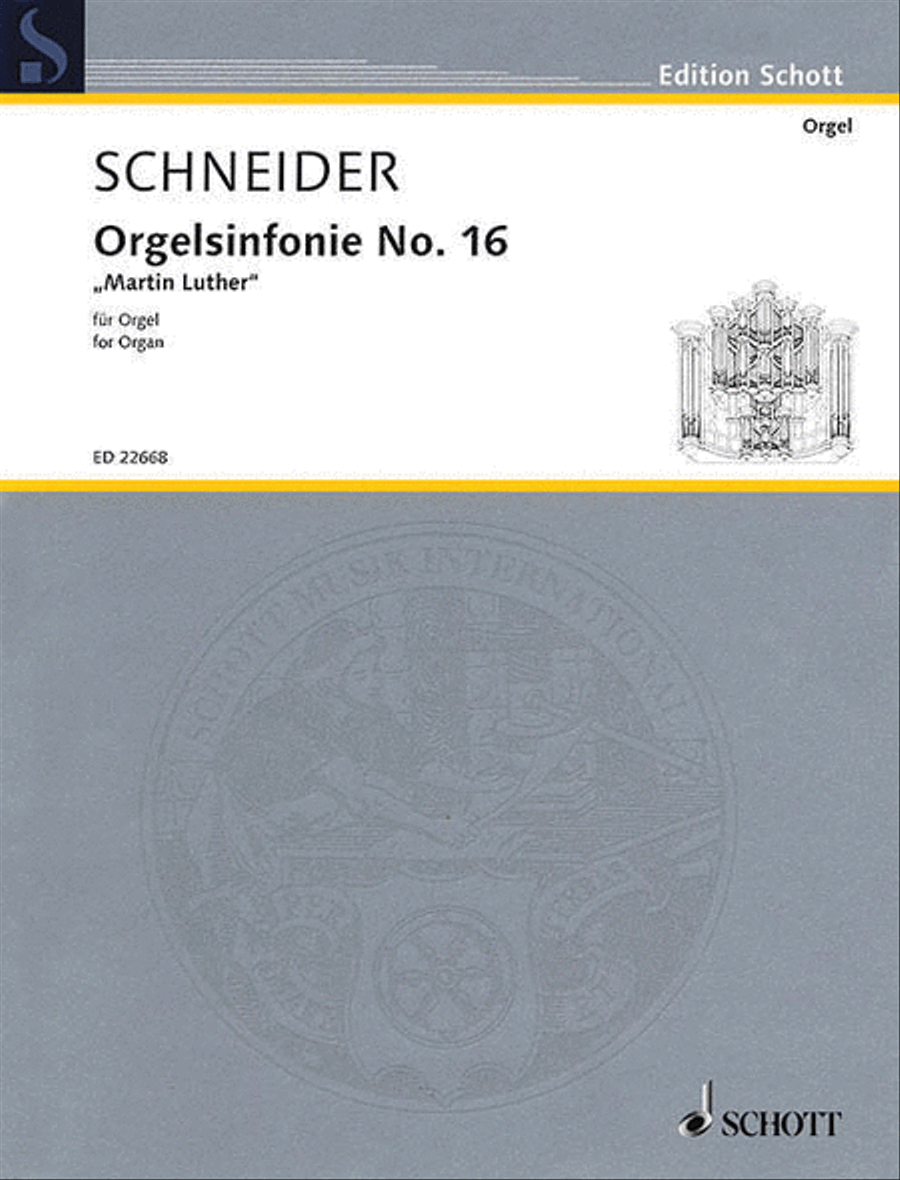
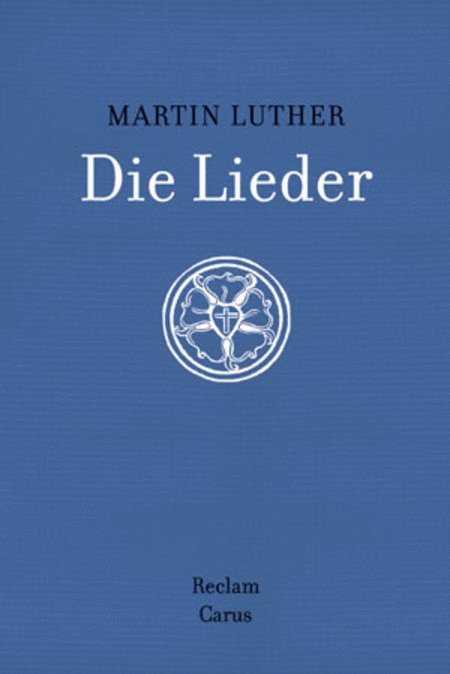
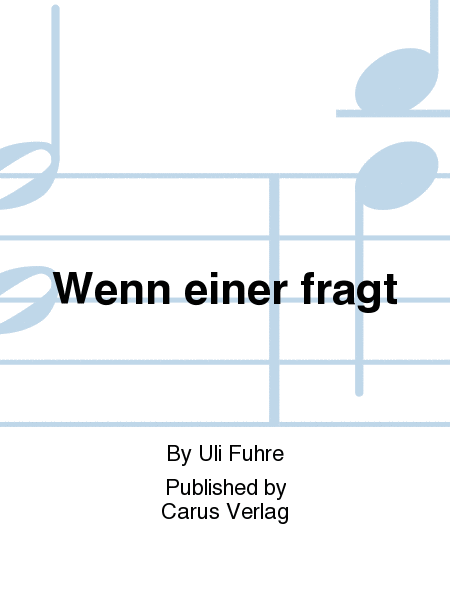
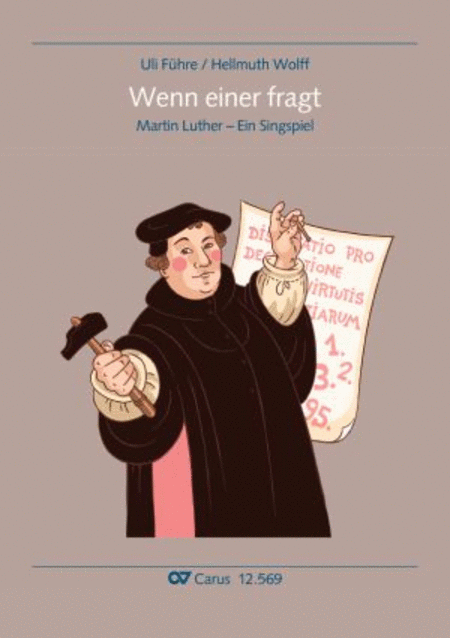
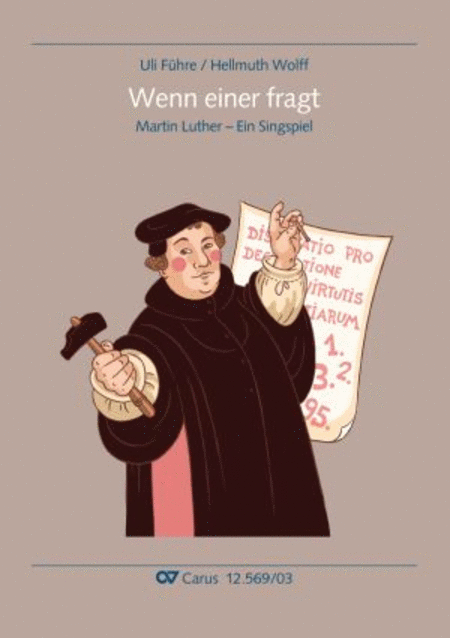
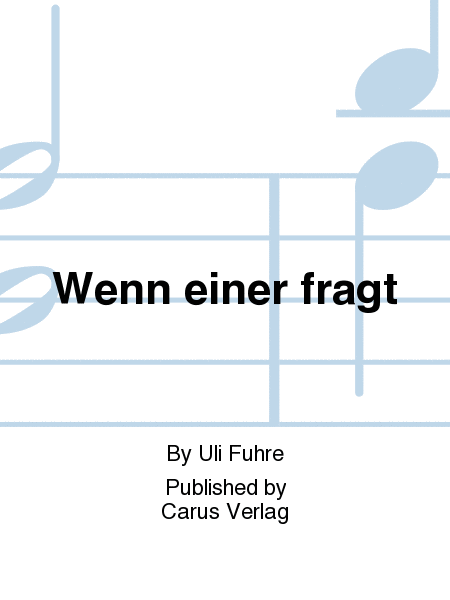
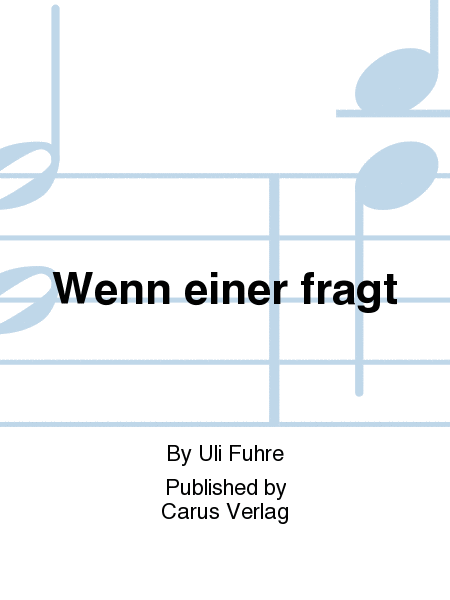
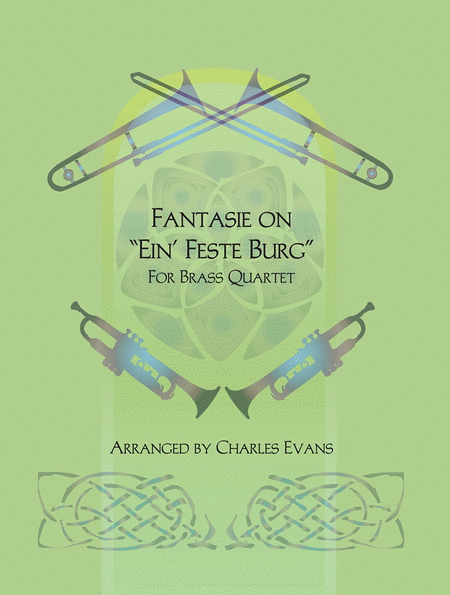






 SHEET MUSIC
SHEET MUSIC